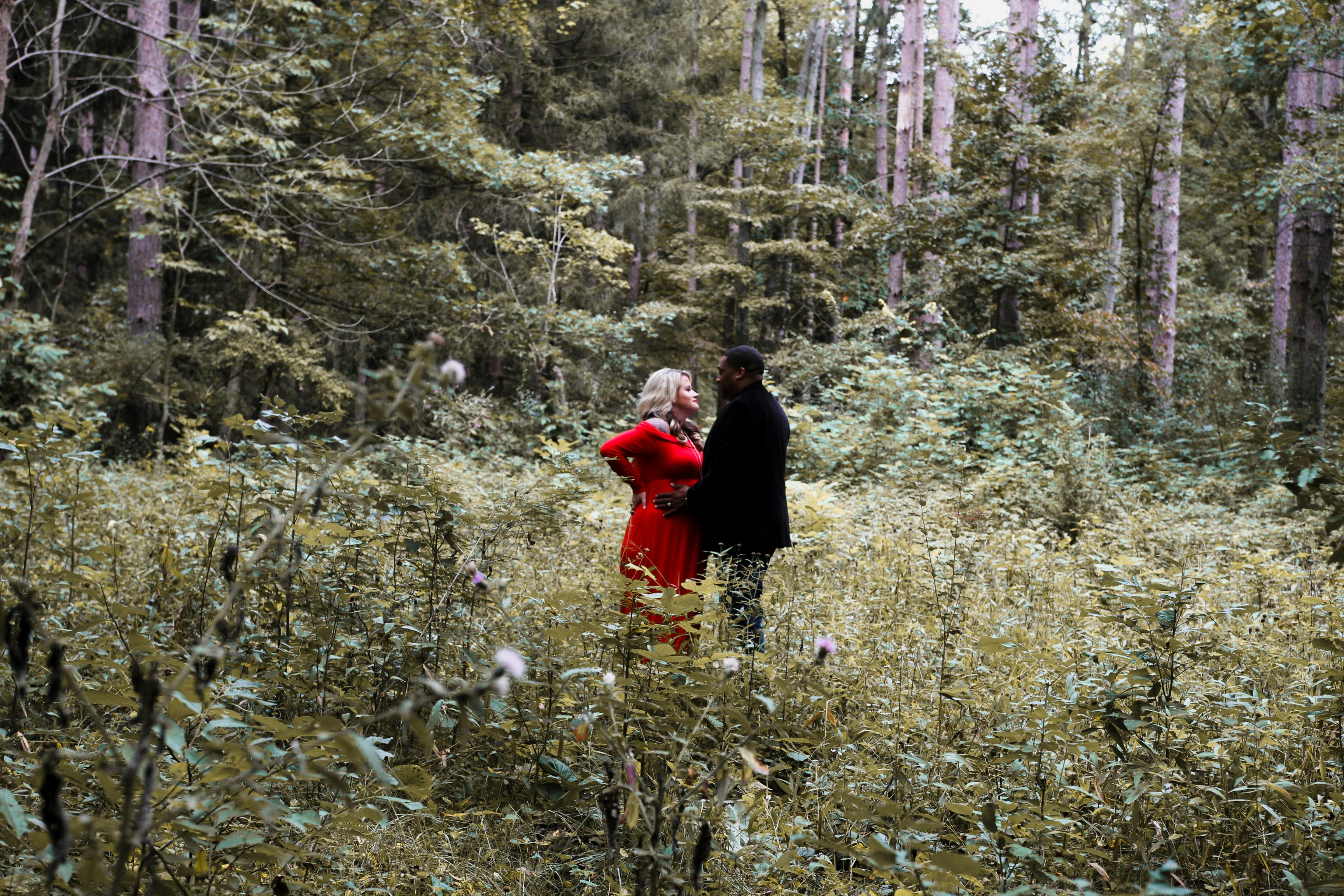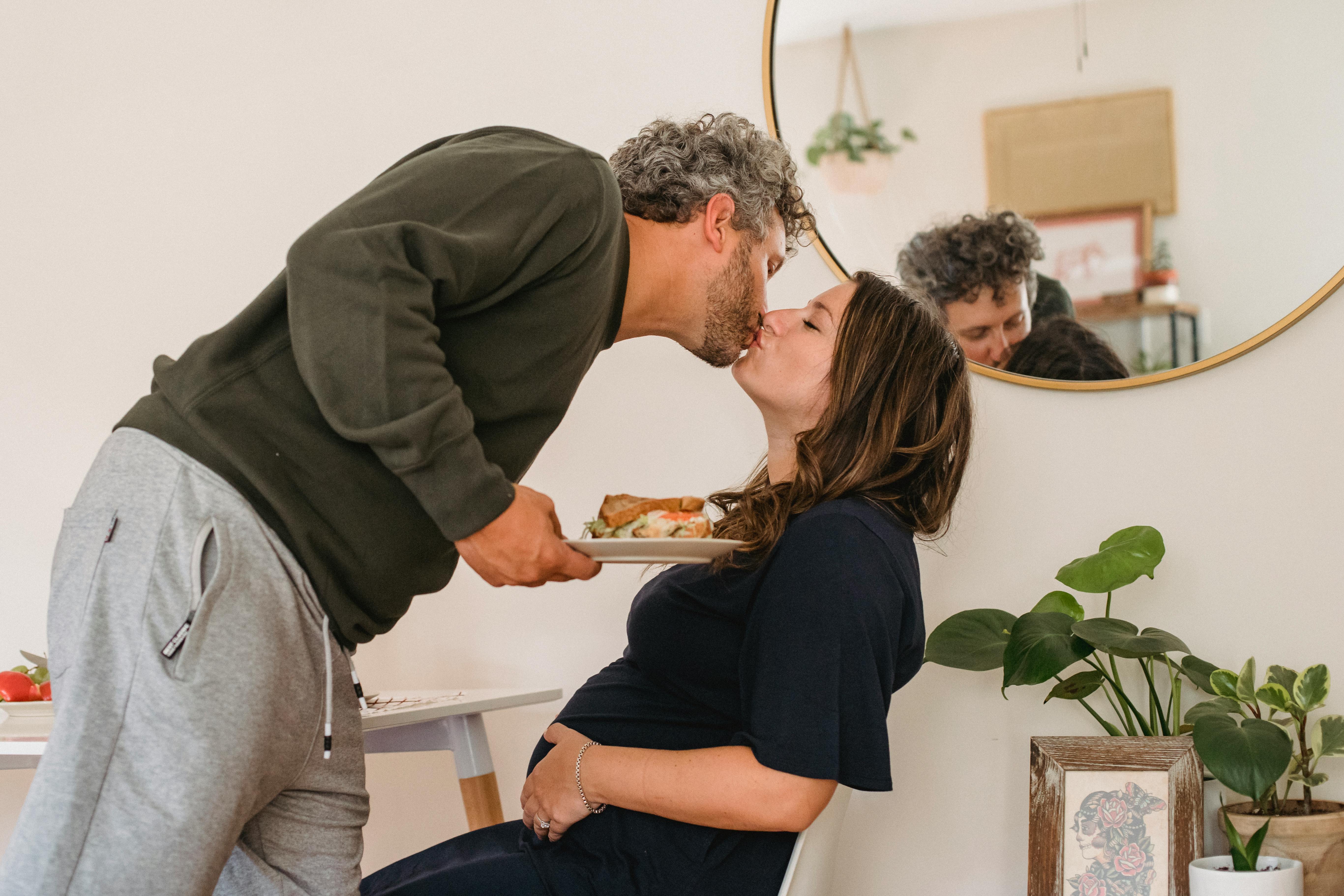One of the most beautiful feelings is when your offspring is born and enters your life. The trip from then on becomes a path full of experiences and learning. Parenting is one of those lessons that no school, teacher, or human being can teach. We only learn while we are in it and experience it day by day, time by time. Sometimes we feel exhausted and sometimes the joy is inexplicable. All those sleepless nights seem worth it, while the anticipation of how many more still walks with us.
Understanding your child is one of the most important things one must learn as a parent. It is very helpful in being effective in guiding and caring for your child as he or she grows and matures. You should keep in mind that your child has a unique personality trait that remains constant throughout life. Being a responsible parent is hard, especially in this day and age when parents spend more time working than spending time with their children. Quality time is hard to come by when it comes to juggling corporate life and parenthood. Not many people achieve success in parenthood and this could be frustrating on your part. Understanding your child is an effective way to succeed in parenting.
Our goal is to be with you while you are on this journey. We may not experience the same situations as you or feel the same emotions, and yet we understand you and how parenting can be hard to breathe.
One of the ways you can understand your child is by watching him sleep, eat, or play. Look for consistent traits. What activities do you like the most? Is it easy for them to adapt to changes or do they need time to get familiar with these things? These things are normal for a child, and your child may be no exception.
It is in the nature of all parents to see their children in a way that most others do not. In some cases, wearing rose-colored glasses benefits the self-esteem of parents and children alike. In others, however, it can foster a denial that helps no one. Several studies have shown that children learn more by observing and experiencing the world than by teaching words. Responsible parents provide the right examples and behavior for their children to learn. Instead of saying ‘be polite’, show courtesy by being polite in your daily life. By understanding your child’s development, you will be able to provide her with opportunities and toys that can boost her development and prepare her for the next phase of her growth. At the same time, you as a parent will be able to set expectations and limits that are acceptable to your child.
Children are not pets, that parents put on a leash. They are not trophies or medals to be shown to friends, to make them feel inferior and less fortunate. The problem is that parents sometimes “exploit” their children by telling everyone in the neighborhood or their circle of friends how lucky they are to have such good children. To make matters worse, some parents get too arrogant and don’t realize that they are placing too many unrealistic expectations on their children. And when their children don’t live up to these expectations, they would be so disappointed in them or even angry because, well, their reputation among their friends would be tarnished. They would end up being the laughing stock of the Proud Parent Society and of course no parent wants that. There is absolutely nothing wrong with being proud of your children, especially if they are doing so well in school, sports, or whatever they have put their interest in. But please, parents, be realistic and reasonable. There are many ways to show how proud you are of your children without compromising their reputation, your ego (which you sure take great care of) and especially your relationship with them. You can simply hug your child and tell him how blessed and happy he is to have such a wonderful son or daughter. It is better and means much more to him/her.
The image that a child has of his parents depends, among other things, on how the latter see and treat the former. And by being at the forefront of a child’s growth and development, there is a strong possibility that children will see what their parents do and say as (always) true and correct. If parents treat children as equals – people who think, move and have a life of their own – and with more regard for their real selves but still maintaining (and certainly not abusing) due parental authority, then children become They will feel more appreciated and assured. In effect, they will admire, respect and love their parents more and will eventually become excellent parents.
No matter how young a person is, the fact is that he is a human being, a thinking person. As such, he certainly knows what he wants. A child may understand less than adults, but that does not mean that he does not understand anything. A preschooler knows what he wants to be when he grows up (only this is more likely to change based on the values and interests he develops and the environment in which he grows up). A teenager knows if he likes to study engineering in the best school that exists or if he prefers to pursue his passion for music or photography. Even a baby knows when her mother forgets to feed her. Parents should respect the thoughts of their children. It is not because they are younger than adults, that they are self-proclaimed mature people, they should ignore what the young have to say. Parents must genuinely listen and understand their children and not impose their own thoughts and values on them.
In our next series, we’ll introduce things responsible parents do and things responsible parents don’t do. We do not mean to offend parents, but our goal is to support them and help them understand their children.




